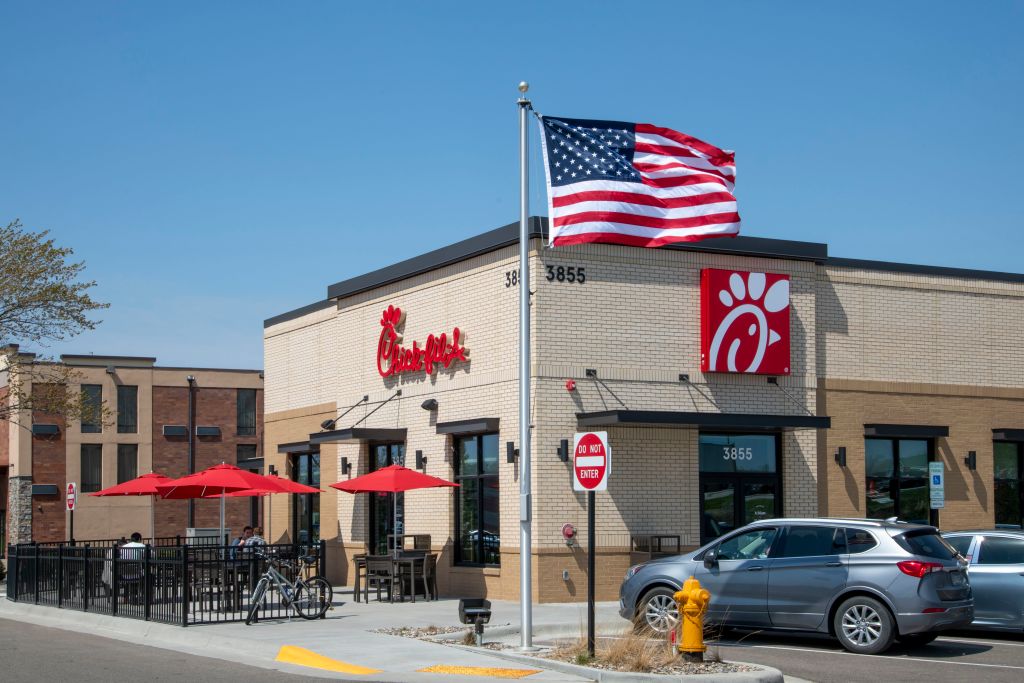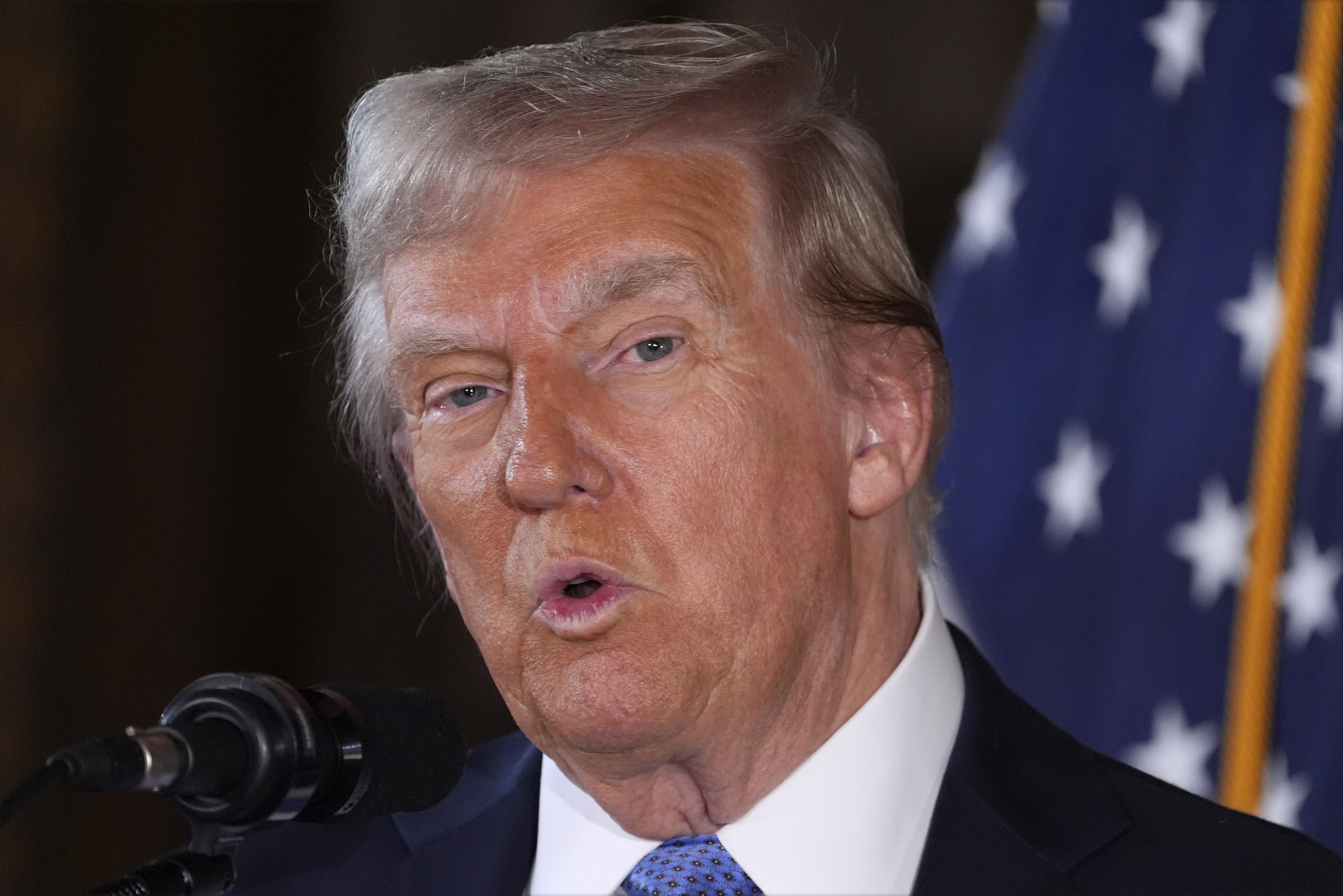The Supreme Court on Thursday struck down a New York law that regulated who is allowed to carry a concealed weapon in public, expanding gun rights nationwide at a time when the country is reeling from a series of recent mass shooting.
In a 6-3 decision by the court's conservative majority, the justices ruled that requiring people to demonstrate a particular need for carrying a gun in order to get a license to carry one in public violated the Second Amendment right to “keep and bear arms.”
Justice Clarence Thomas wrote for the majority that the Constitution protects “an individual’s right to carry a handgun for self-defense outside the home.”
In a dissent joined by his liberal colleagues, Justice Stephen Breyer focused on the toll taken by gun violence. “Since the start of this year alone (2022), there have already been 277 reported mass shootings—an average of more than one per day,“ Breyer wrote.
The decision is expected to ultimately allow more people to legally carry guns on the streets of the nation’s largest cities — including New York, Los Angeles and Boston — and elsewhere. About a quarter of the U.S. population lives in states expected to be affected by the ruling, the high court’s first major gun decision in more than a decade.
"Shocking, absolutely shocking that they have taken away our right to have reasonable restrictions," New York Gov. Kathy Hochul said in reaction to the ruling. "We can have restrictions on speech. You can't yell fire in a crowded theater, but somehow there is not restrictions allowed on the Second Amendment?"
New York City Mayor Eric Adams said in a statement that the justices' ruling "opened an additional river feeding the sea of gun violence, but we will do everything we can to dam it."
U.S. & World
“We will work together to mitigate the risks this decision will create once it is implemented, as we cannot allow New York to become the Wild West,” the statement said.
The ruling comes as Congress is actively working on gun legislation following recent mass shootings in Texas, New York and California. On Thursday, senators were expected to clear the way for that measure, modest in scope but still the most far-reaching in decades.
Feeling out of the loop? We'll catch you up on the Chicago news you need to know. Sign up for the weekly> Chicago Catch-Up newsletter.
President Joe Biden said in a statement he was “deeply disappointed” by the Supreme Court ruling, which he said "contradicts both common sense and the Constitution, and should deeply trouble us all.”
He urged states to pass new laws and said, “I call on Americans across the country to make their voices heard on gun safety. Lives are on the line.”
The Supreme Court last issued a major gun decision in 2010. In that decision and a ruling from 2008 the justices established a nationwide right to keep a gun at home for self-defense. The question for the court this time was about carrying one outside the home.
In most of the country gun owners have little difficulty legally carrying their weapons in public. But that had been harder to do in New York and the handful of states with similar laws. New York’s law, which has been in place since 1913, says that to carry a concealed handgun in public, a person applying for a license has to show “proper cause,” a specific need to carry the weapon.
The state issues unrestricted licenses where a person can carry their gun anywhere and restricted licenses that allow a person to carry the weapon but just for specific purposes such as hunting and target shooting or to and from their place of business.
Challenging the more than 100-year-old law were two men whose applications for unrestricted licenses were denied and a gun-rights advocacy group. The case, New York State Rifle & Pistol Association Inc. v. Bruen, was argued before the court in November. Kevin Bruen is the superintendent of the New York State Police.
Tom King, president of the NYSRPA, said he was relieved.
“The lawful and legal gun owner of New York State is no longer going to be persecuted by laws that have nothing to do with the safety of the people and will do nothing to make the people safer," he said. “And maybe now we’ll start going after criminals and the perpetrator of these heinous acts.”
Backers of New York’s law had argued that striking it down would lead to more guns on the streets and higher rates of violent crime. Gun violence, which was already on the rise during the coronavirus pandemic has spiked anew.
California, Hawaii, Maryland, Massachusetts, New Jersey and Rhode Island all have similar laws.



